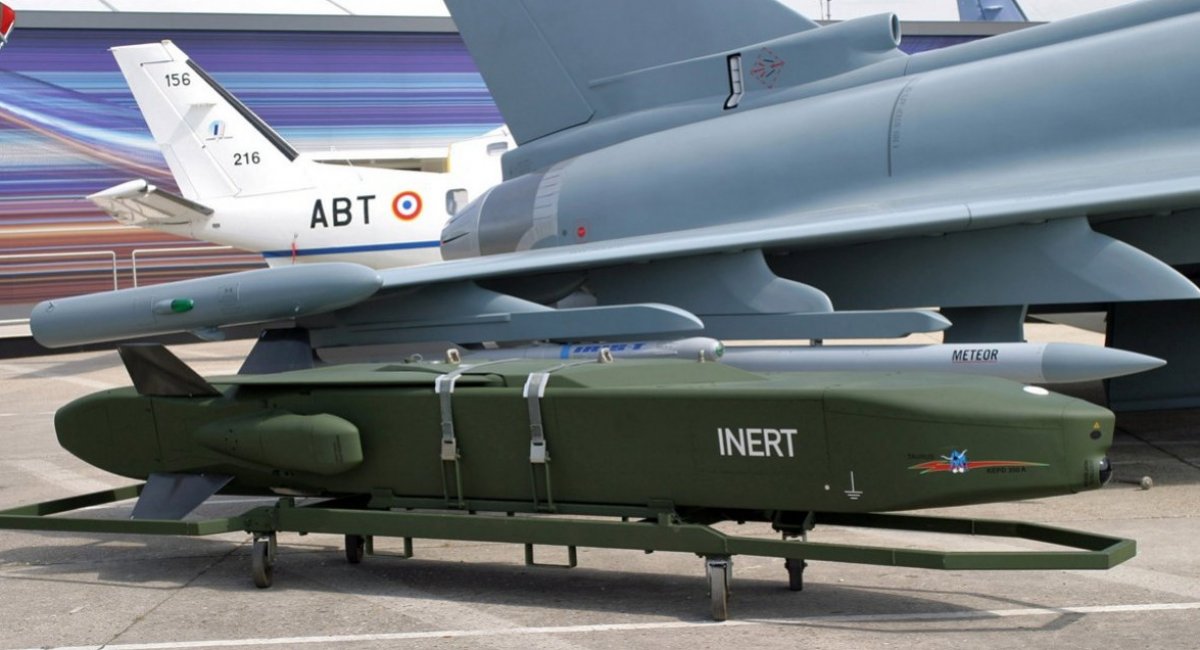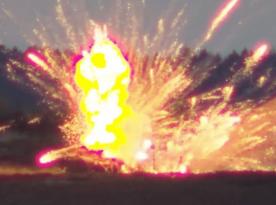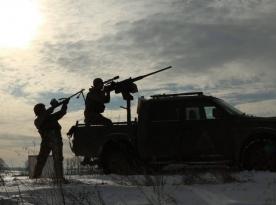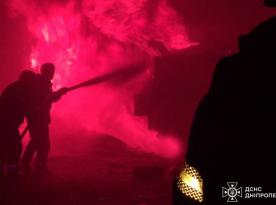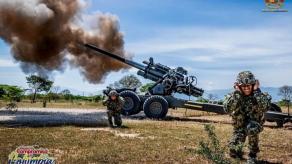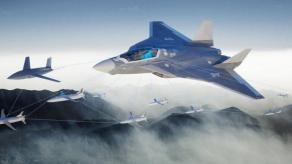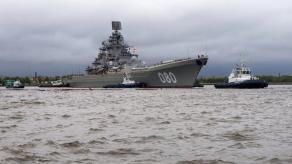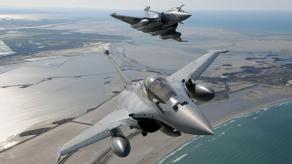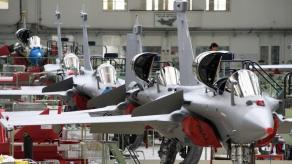On February 22, the German parliament endorsed the government's proposal to supply Ukraine with long-range weapons. Before making this decision, the parliament rejected an opposition proposal that supported the inclusion of Taurus cruise missiles. This proposal had been under discussion since the summer of 2023.
The determining factor lies not merely in the will or reluctance of the German government. As of May 2013, the Bundeswehr possesses only 150 units of these missiles, which constitute its sole long-range weaponry.
Read more: Germany Not Going to Limit the Range of Taurus Missiles for Ukraine, Official Says
Simultaneously, talks about resuming production were drowned in a discussion with MBDA Deutschland. These discussions centered around the consensus that upgrading would be more advantageous to ensure competitiveness. This necessity is further emphasized by the requirement to integrate the missiles into the Su-24M within six months, and if they are to be used immediately for the F-16, it will take 1 to 1.5 years.
Hence, there is a hopeful expectation that, beyond the discourse explaining Germany's reluctance to transfer the Taurus, efforts are underway to restore the missiles and facilitate their transfer. However, setting aside such hopes, the pertinent question remains whether Berlin has any quality long-range alternatives.
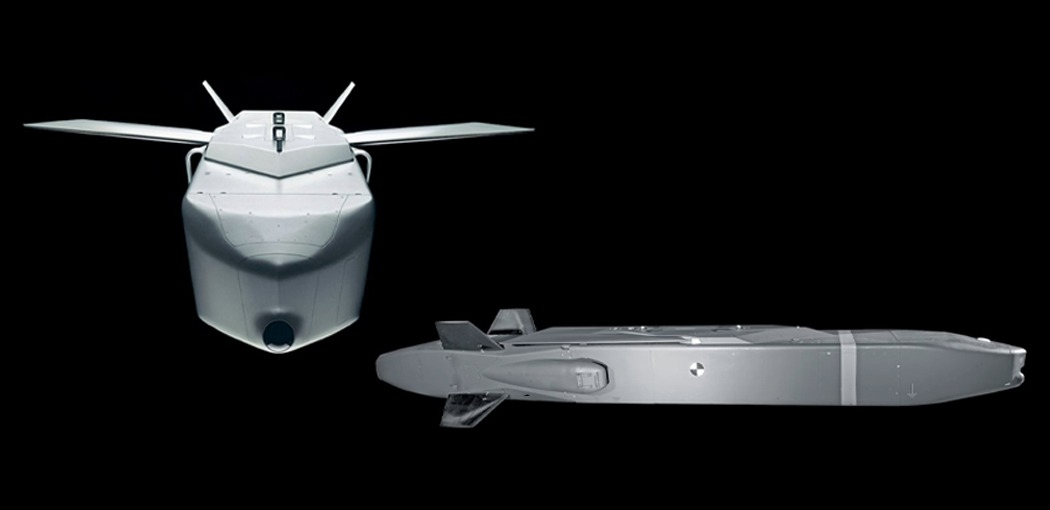
Technically, the answer could be affirmative, as the concept of "long-range weapons" is rather ambiguous. In particular, it is quite possible that Berlin will include Vulcano GLR projectiles with a range of 70 km. Their previous version with a range of up to 50 km in the amount of 255 units was ordered in 2022 and was used by the Ukrainian Armed Forces with PzH 2000 Howitzers in September 2023. Moreover, of course, we will be talking about orders and months for their production.
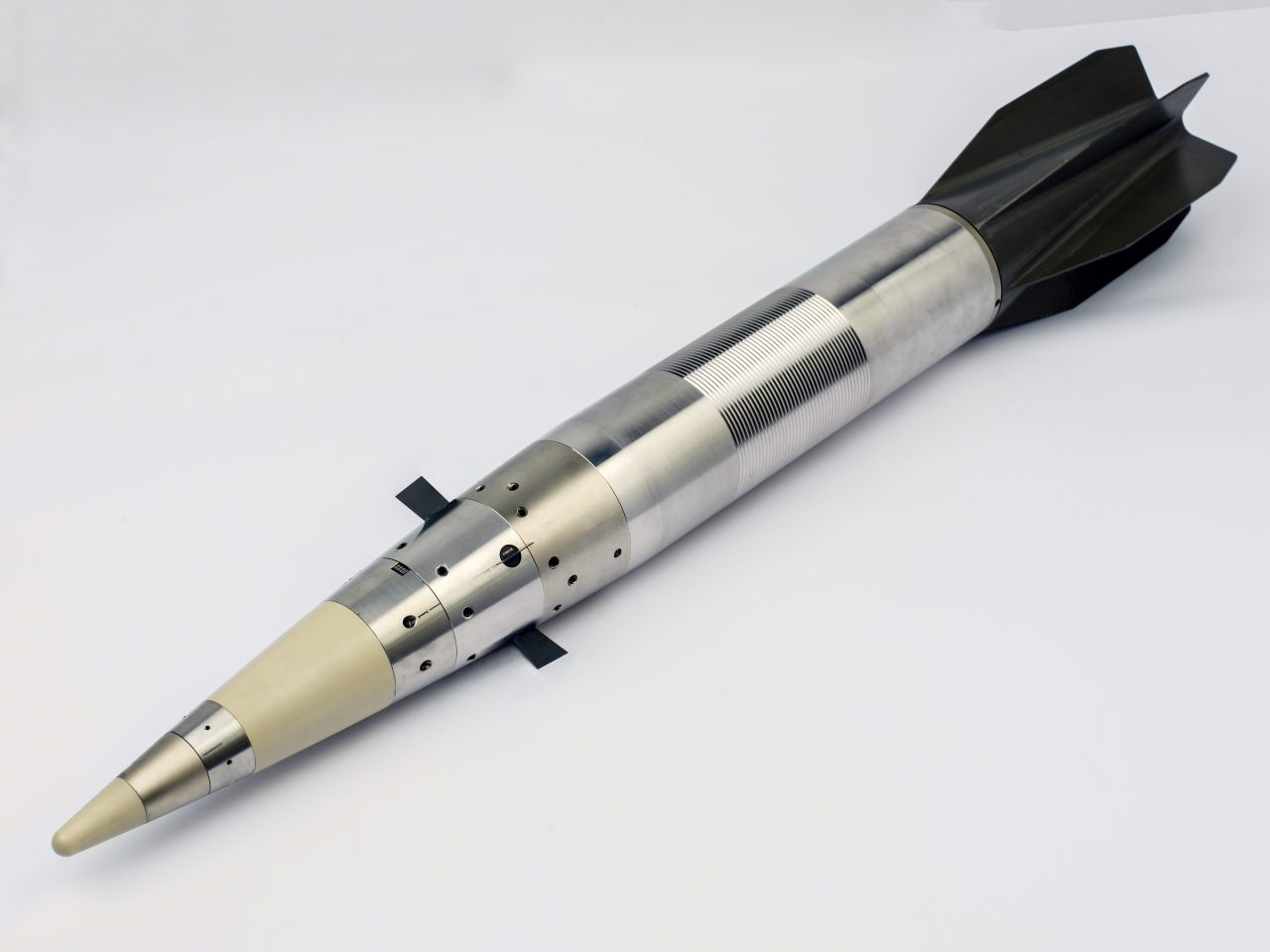
We must acknowledge that Germany is left with no alternative but to order weapons for Ukraine. With the Taurus being the sole long-range capability in the Bundeswehr's arsenal, it is quite possible to consider hypothetical options under which the German government would simply order weapons of this class.
In addition, it is quite logical to put Storm Shadow/SCALP in the first place, which are already actively used by the Air Force. Because these missiles are manufactured by the MBDA conglomerate, in which the German side holds a significant share. Indeed, this stands out as the most pragmatic option of all.
This option is significantly more effective than, for instance, ordering a new promising JFS-M (Joint Fire Support Missile) for HIMARS for Ukraine, which would, at best, become available in 3-4 years.
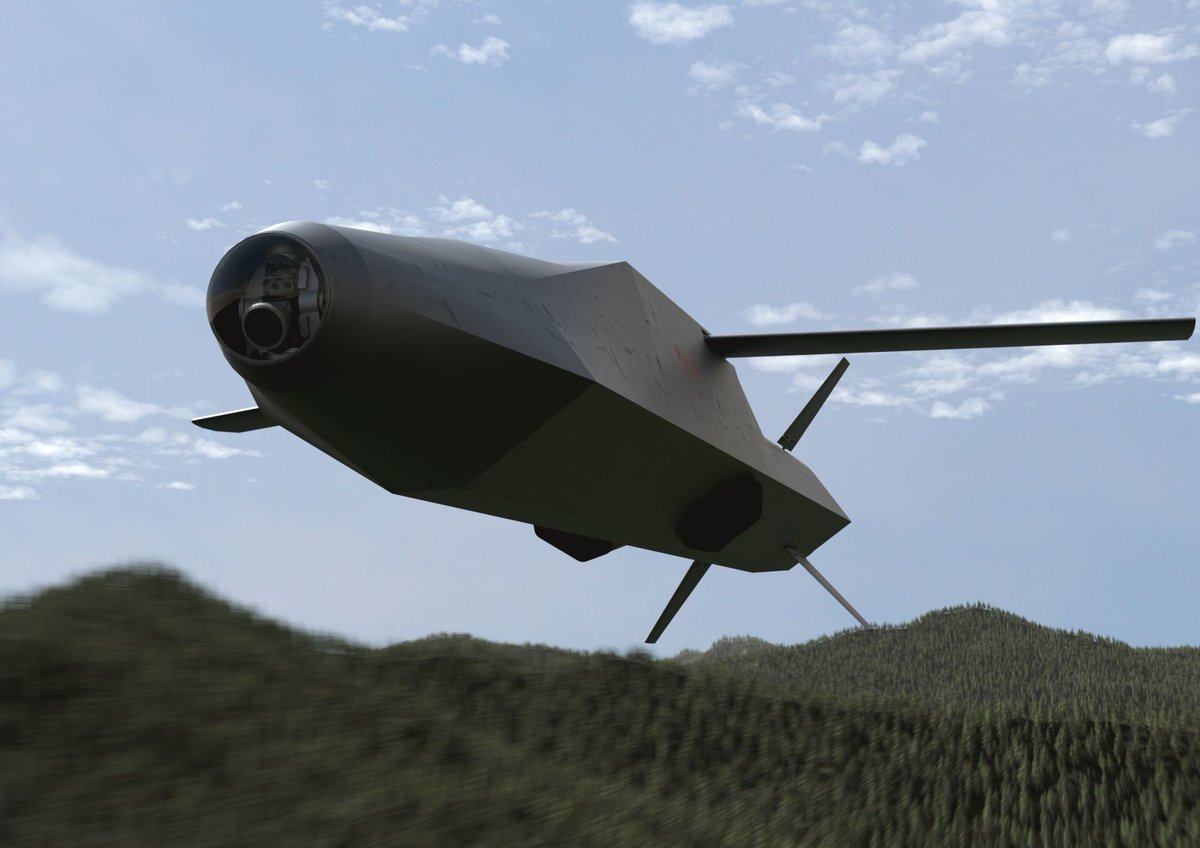
However, there is another alternative, which has become possible thanks to the launch of cooperation between the Ukrainian defense industry and MBDA Deutschland. Presently, the Ukrainian defense conglomerate and the German division of MBDA have agreed to "jointly explore programs or opportunities for cooperation on air defense systems and concepts, in particular to counter UAVs."
Moreover, collaboration in the field of long-range weaponry may now be highly relevant within the framework of developing cost-effective, albeit less technologically advanced, long-range weapons based on existing models in the shortest possible time.
Read more: German Rheinmetall Promises to Make Six-Digit Numbers of Artillery Shells Yearly at the New Factory in Ukraine




